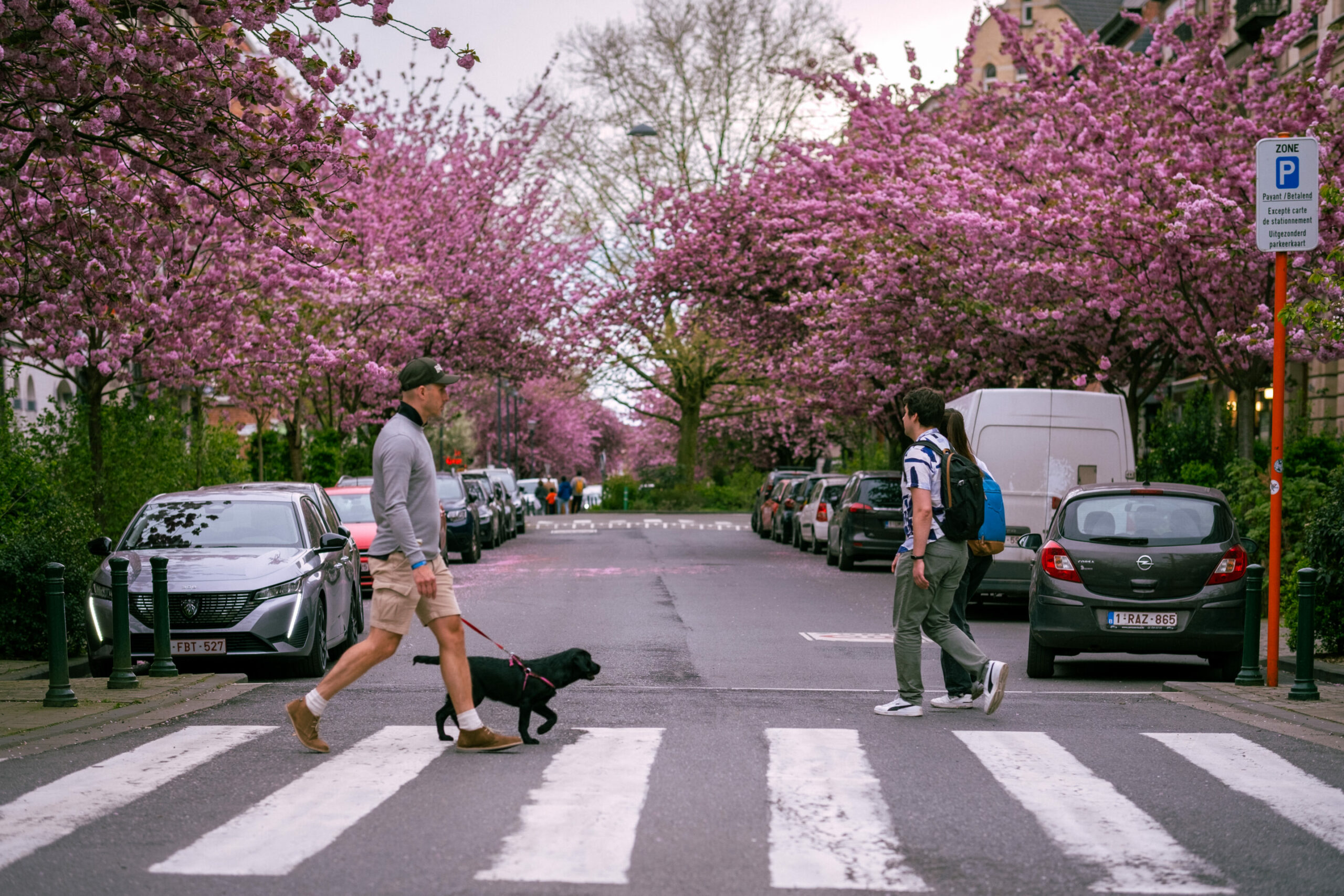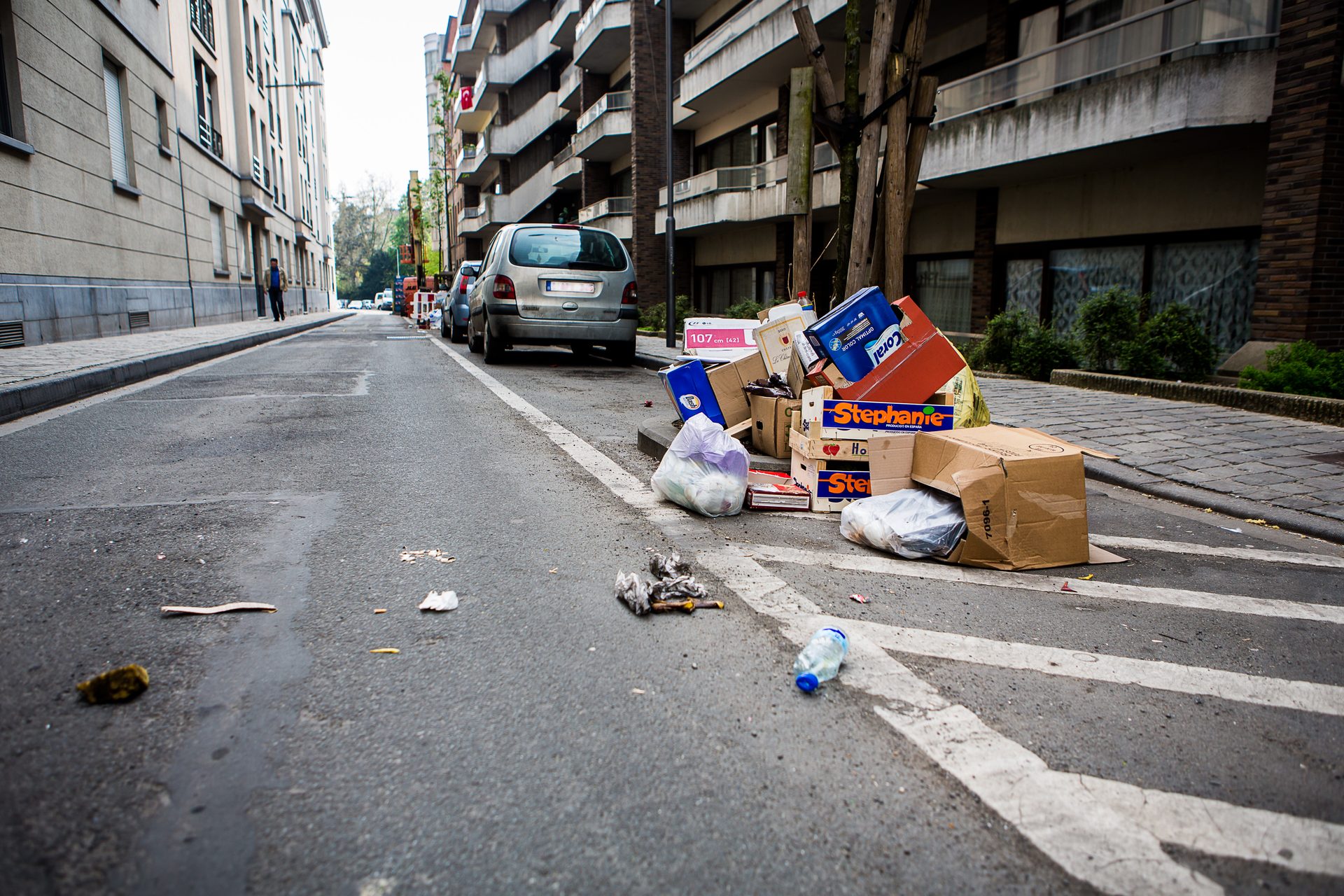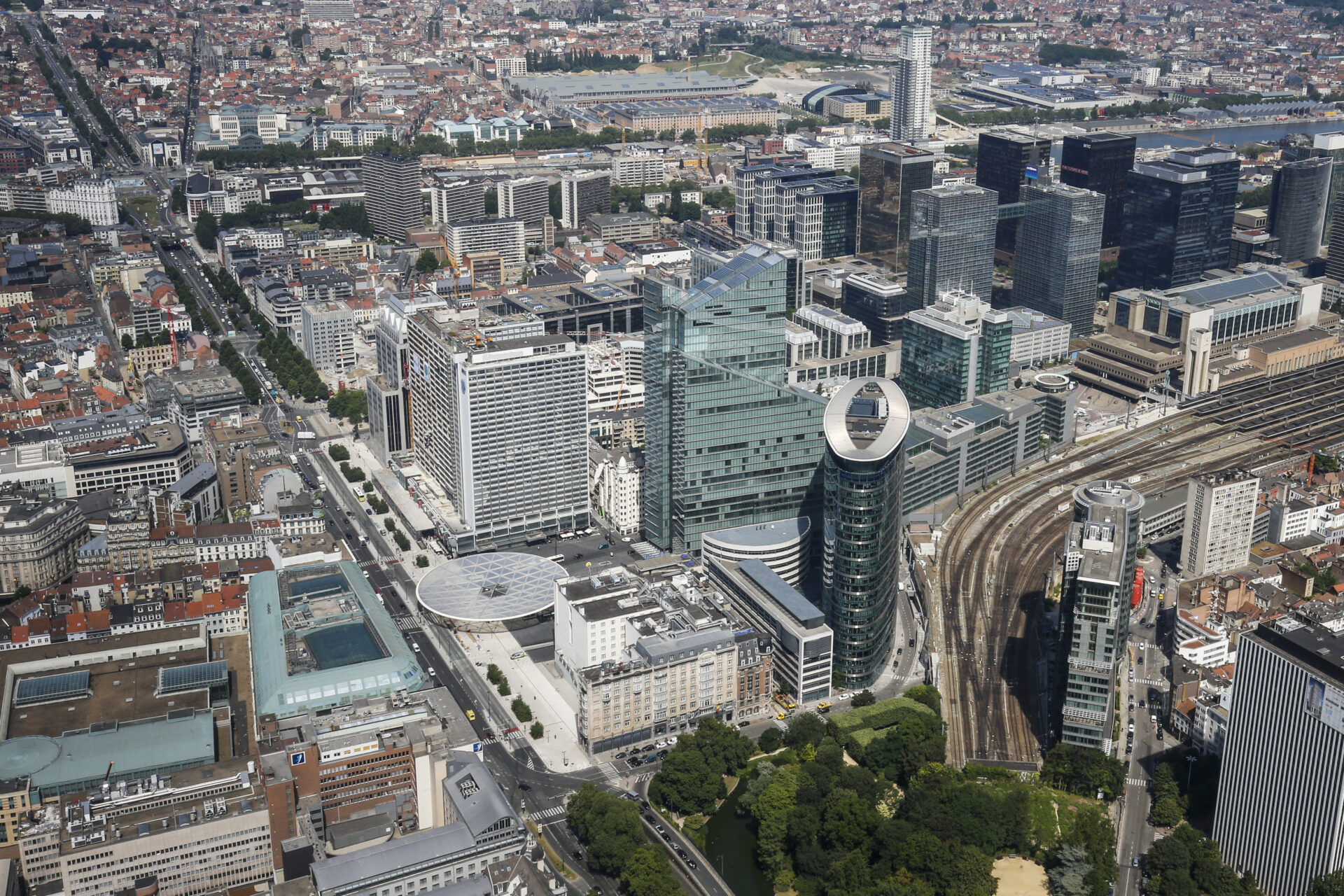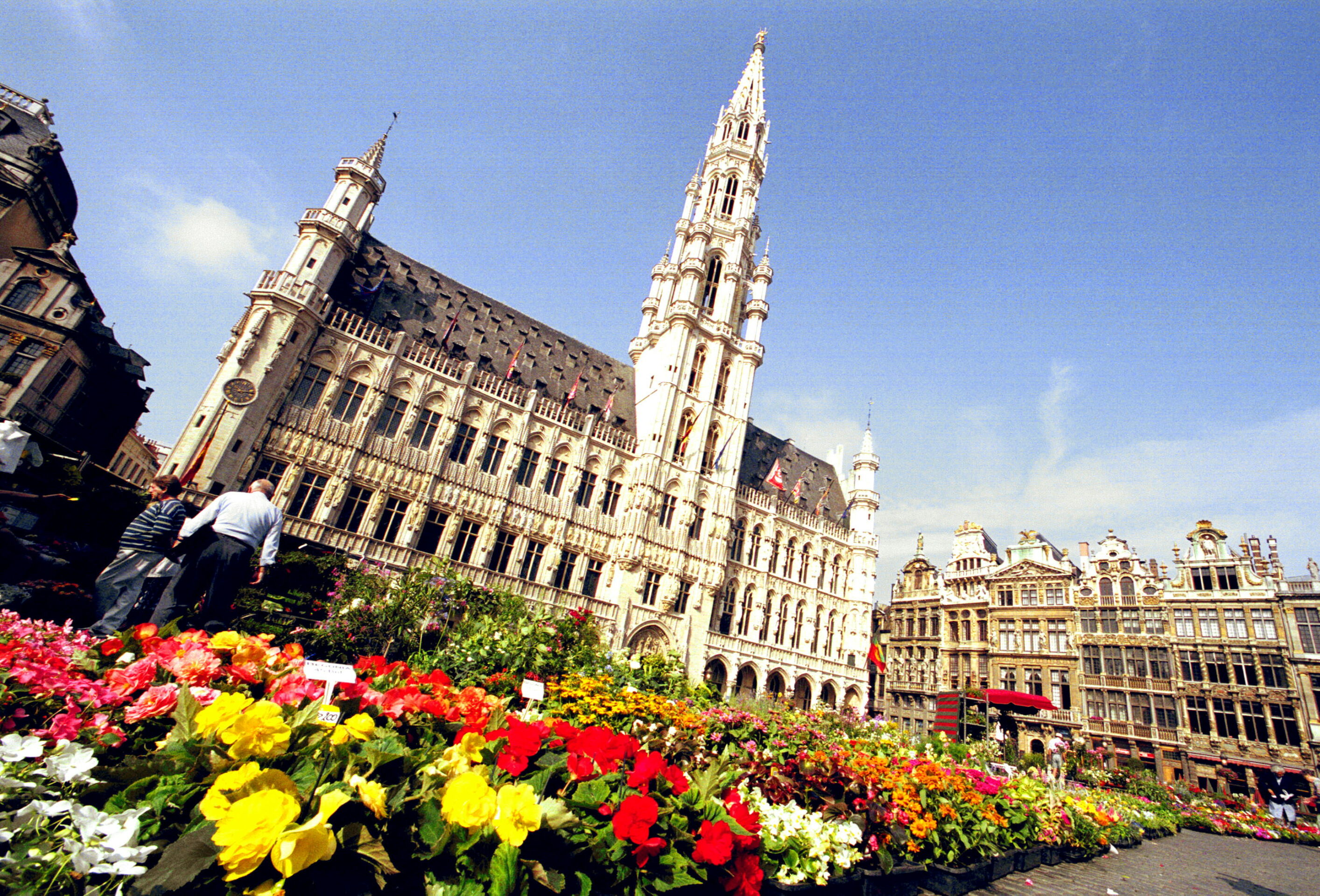Cleanliness and lengthy registration processes at the commune are key concerns for Brussels expats, according to a survey conducted by The Brussels Times in collaboration with business organisation Voka Metropolitan.
While some 71% of expats say that they feel welcome in their commune, the average cleanliness score stands at just 46%, and two thirds of those who have moved to Brussels have had issues interacting with local authorities.
A survey by The Brussels Times and Voka Metropolitan asked some 500 expats about their experiences with their local communes, from first registering as a resident to everyday maintenance of their neighbourhood.
The survey comes as Brussels residents, including expats, are gearing up to vote in the local municipal elections this Sunday 13 October.
Long wait times when first landing in Brussels
On average, expats gave a score of 56% to their first contact with their commune when registering as a resident. Schaerbeek received the highest rating (86%), while expats living in Evere gave the lowest average rating of 52% for their initial experience.

Cherry blossom lined streets in Plasky, Schaerbeek. Credit: Onur Kir
Expats' first interaction with authorities is usually through the local municipality. Upon arrival, they will need to obtain a residency card to access key services such as banking or health insurance. This means fast and efficient municipal services are highly important for many new residents.
The most common problem cited by more than a third of expats was long waiting times to register (37%) followed by problems with language (30%) and friendliness (27%).
In terms of waiting times for police checks to confirm their new residence, most expats report a wait of between one and two weeks (61%), but some 14% of respondents were waiting for more than four weeks for a visit from an officer.
Subsequently, 36% of expats received their residence card within one month, with another 36% waiting between one and two months. Meanwhile, almost one in five expats (17%) were left waiting more than three months for their official residency card.
It should also be noted that more than a third (35%) of expats said they had no problems when registering with their commune for the first time.
Poor score on cleanliness
Across all 19 municipalities in Brussels, expats rated cleanliness at just 46% – although in communes where green spaces are accessible, expats rated their quality at 65%.

Plastic bottles and cans are often discarded on the streets. Credit: Belga / Siska Gremmelprez
Central municipalities performed particularly poorly on cleanliness, such as Saint-Josse (34%), Forest (37%), Ixelles (38%), City of Brussels (40%), Saint-Gilles (43%) and Schaerbeek (47%).
Meanwhile the highest average scores were for Woluwe-Saint-Pierre (79%), Uccle (71%) and Woluwe-Saint-Lambert (70%).
Expats still feel welcome
Overall, 71% of expats said they feel welcome in their local commune, with about the same proportion (72%) saying they would recommend their commune to other expats.
Uccle (95%), Etterbeek (94%), Woluwe-Saint-Pierre (93%), and Woluwe-Saint-Lambert (90%) had the highest share of respondents who would recommend the area to other expats.
Meanwhile City of Brussels (57%), Saint-Josse (50%), and Evere (39%) were recommended by the fewest respondents.
Attractiveness for expat workers
René Konings, director of Voka Metropolitan, explains that expats play a "crucial role" in the Brussels economy, and it is important for local employers that the city is an attractive place to live.
"Due to its status as the European capital and the headquarters of NATO, the Brussels-Capital Region traditionally attracts many expats. However, foreign labour is also becoming increasingly important in other economic sectors. [...] Entrepreneurs can no longer find enough candidates in the local labour market, and this is why they often turn to expat profiles," he said.

An aerial view of northern Brussels in 2018. Credit: Belga / Thierry Roge
To entice the best profiles, the image and attractiveness of Brussels is crucial, Konings argued. He added that municipalities should invest in good reception services that are fast and efficient and include English-language support.
"Expats are not interested in Brussels' complicated structures. The region has a general welcome service for expats in the EU district, which is good, but it is a minimal service and not well-known enough."
He highlighted that a wait of more than three months for a residency card for 17% of respondents is "unacceptable", and that the "cleanliness problem" identified by the survey needs to be addressed.
"A more efficient waste collection system, with the use of more containers, could offer some solutions," he said, also suggesting that local authorities get tougher on littering and anti-social behaviour as "a priority".
457 respondents completed the entire survey, which was conducted over four weeks between August and September 2024. The accompanying graphs exclude the responses from other municipalities due to too few respondents.
Find out who is running in the Brussels local elections with our guide of all 19 communes here.

